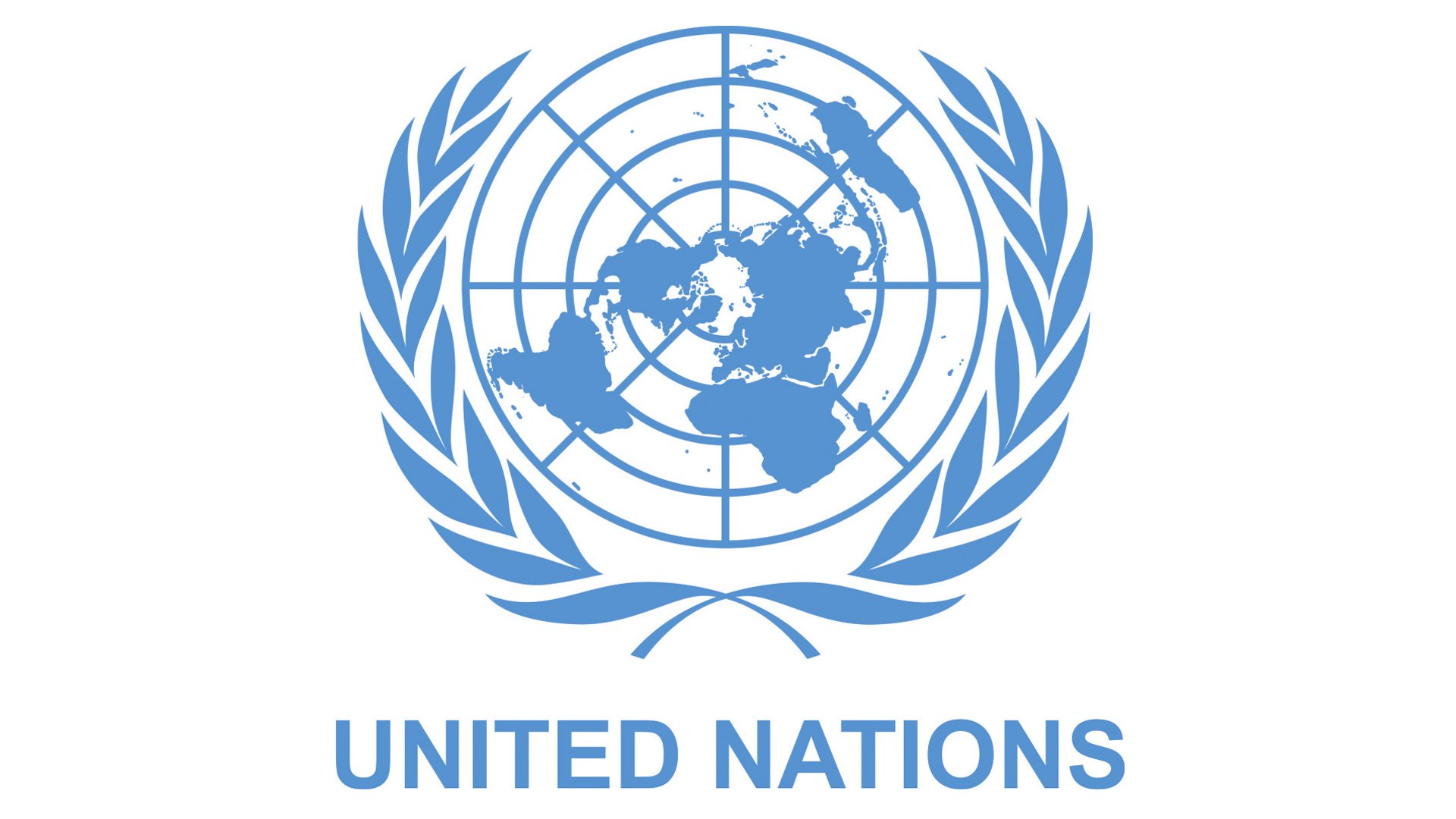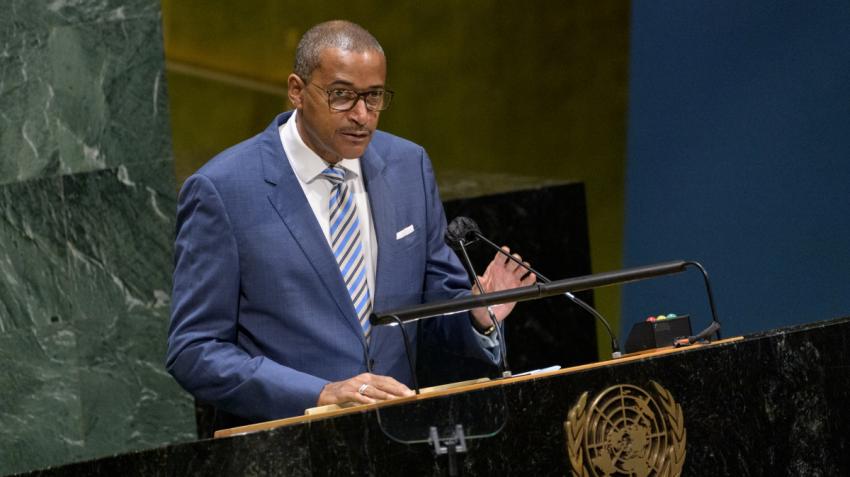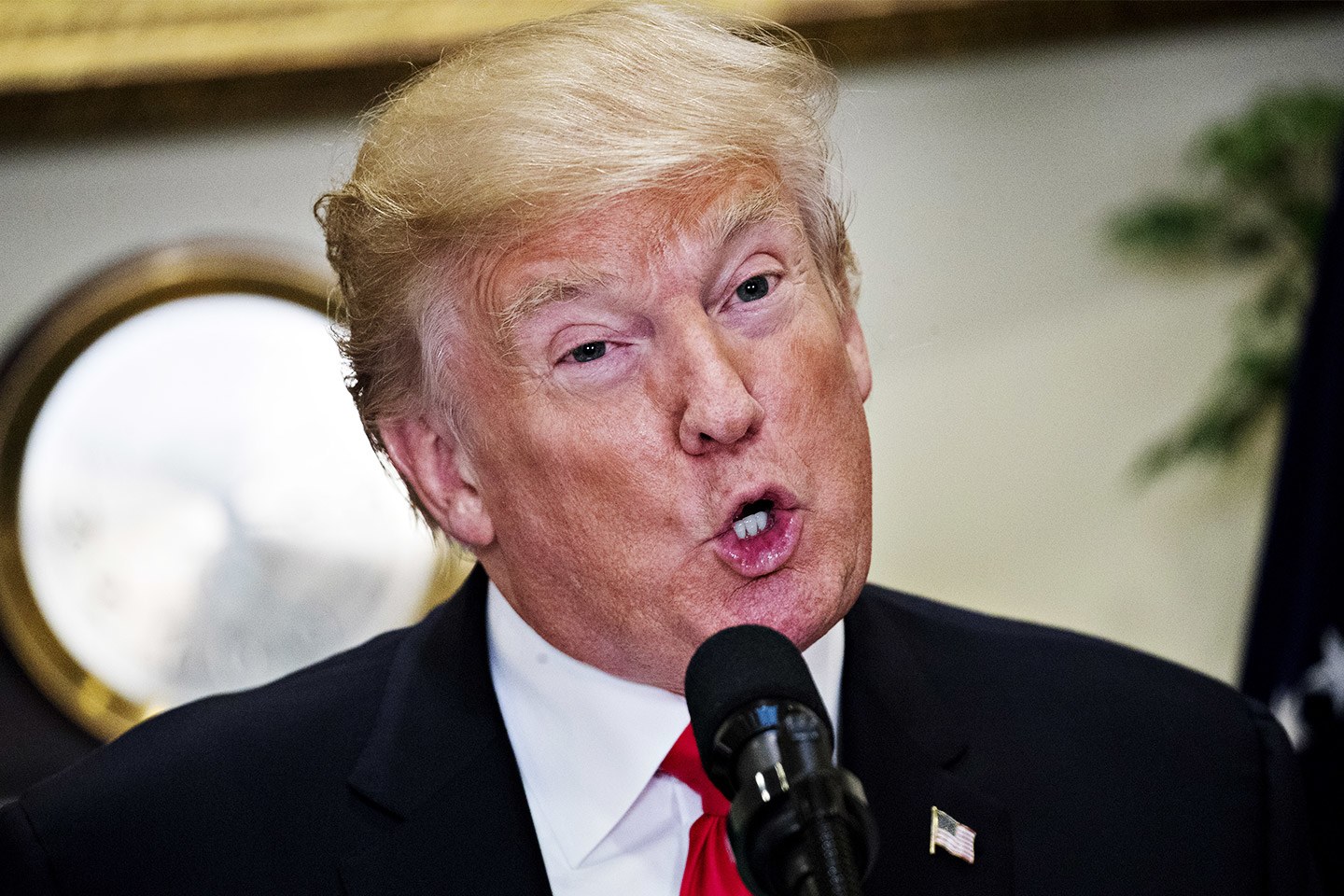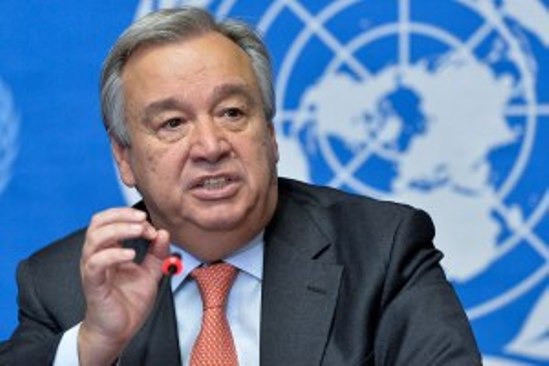The demarcation of the Cameroon-Nigeria border and the pillar construction continued to face challenges due to insecurity in areas affected by the presence of Boko Haram, the UN has said.
This is contained in a ‘Report of the Secretary-General, Antonio Guterres, on the activities of the United Nations Office for West Africa and the Sahel (UNOWAS)’.
Guterres also cited the unrest in the English-speaking regions of Cameroon as partly contributing to the challenges faced by the Cameroon-Nigeria Mixed Commission.
“Insecurity in areas affected by Boko Haram continued to hinder the activities of the Cameroon-Nigeria Mixed Commission in the northernmost regions of the land boundary between the two countries.
“Social and political unrest in the English-speaking north-western and south-western regions of Cameroon raised additional security concerns.
“As a result, the demarcation of the border and the subsequent emplacement of pillars continued to be a challenge,’’ he said.
Against that background, parties to the Mixed Commission met in Lagos, Nigeria, on March 19 and March 20 to finalise the implementation of reinforced security measures for field operations.
In this regard, Guterres noted the activities of his Special Representative for West Africa and the Sahel, Mohamed Ibn Chambas, who also serves as Chair of the Mixed Commission.
He said Chambas, on March 18 in Abuja and on May 15 in Yaoundé, “engaged in bilateral consultations with the heads of the Nigerian and Cameroonian delegations to work on outstanding areas of disagreement.
“Overall, the parties reaffirmed their commitment to implementing the judgment of the International Court of Justice of October 2002 and to fully demarcating the land and maritime boundaries shared by the two countries.
“My Special Representative also successfully concluded fundraising efforts to replenish a trust fund for pillar construction along the land boundary.
“Consequently, pillar emplacement is expected to resume in October 2018 at the end of the rainy season.’’
On the conflicts between herdsmen and farmers, he said UNOWAS supported the ECOWAS Commission in the development of a regional action plan on transhumance.
Guterres said the office also established an informal working group on pastoralism and conflict prevention with the participation of the UN and regional entities working on the issue.
“In Abuja, from April 24 to April 26, UNOWAS participated in a ministerial and experts meeting on conflicts between herders and farmers in West Africa, organised by the ECOWAS Commission and the Government of Nigeria.
“Relevant recommendations included the need for States to report on the implementation of the ECOWAS transhumance protocol,’’ the UN Chief said.
On Boko Haram, he said his Special Representative continued to support diplomatic, security and humanitarian responses to the terrorist organisation.
“On Feb 28, my Special Representative for West Africa and the Sahel took part in the International Conference on Lake Chad, hosted by the Government of Nigeria with the support of the Lake Chad Basin Commission and the United Nations Educational, Scientific and Cultural Organisation.
“The Heads of State and Government of Cameroon, the Central African Republic, Chad, Gabon, the Niger and Nigeria adopted a declaration reaffirming their commitment to increase cooperation to safeguard Lake Chad and address the socio-economic impact of climate change and instability.
“In his capacity as my High-level Representative for Nigeria, my Special Representative also held discussions with security institutions and other key stakeholders on the situation in the Lake Chad basin with a view to enhancing regional cooperation, reintegrating ex-combatants and dealing with root causes.
“Through the facilitation of my Special Representatives for West Africa and the Sahel and for Central Africa, the governors of territories bordering Lake Chad met for the first time in Maiduguri, Nigeria on May 8 and May 9.
“They established the Lake Chad Basin Governors’ Forum to enhance joint efforts towards building peace and fostering sustainable development across the Lake Chad basin.
Guterres said governance and development efforts must continue to be accompanied by a robust security response.
He commended the efforts of the countries participating in the Multinational Joint Task Force and encouraged strengthened partnership among the affected countries and with regional organisations, including the African Union.
“I congratulate the Government of Nigeria for conducting trials of Boko Haram suspects and urge the acceleration of the reintegration of victims and other categories of individuals associated with extremist groups in all affected countries.
“I encourage national authorities to provide critical humanitarian assistance to vulnerable communities.
“In addition, I reiterate my call on the international community to increase political, humanitarian, logistical and financial assistance to the affected countries, the Lake Chad Basin Commission, the Joint Force of the G-5 Sahel and the Multinational Joint Task Force, and to advance the disbursement of pledged funds.’’



